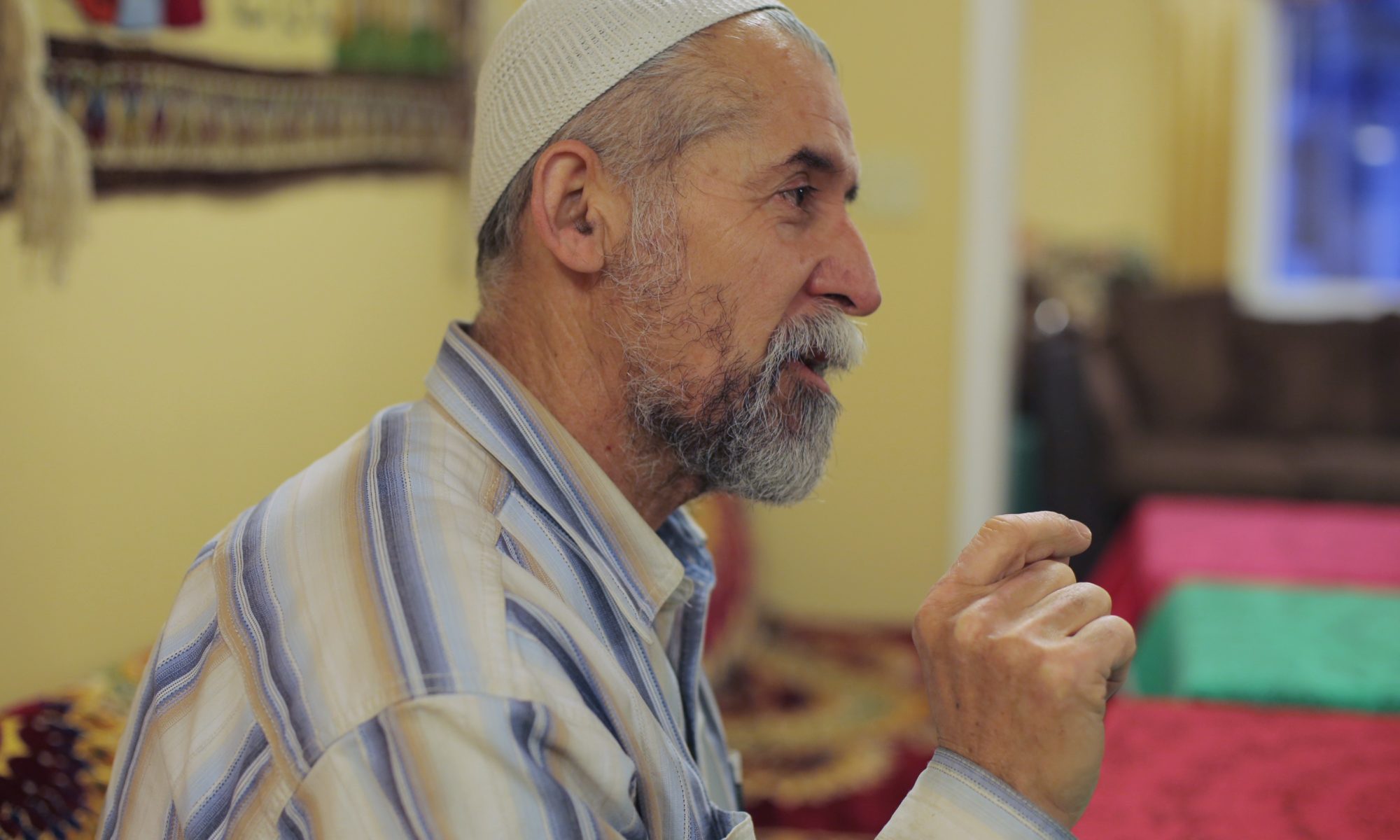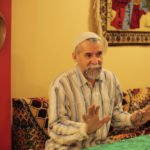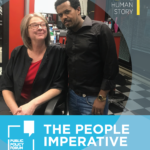
Atlantic Newsletter #2: What we can learn from refugees’ success in Atlantic Canada
 Can refugees help save PEI’s way of life?
Can refugees help save PEI’s way of life?
Some employers and advocates want Canada to recruit refugees to fill local labour shortages. Others worry that would dilute the humanitarian mission of resettling the world’s most vulnerable citizens. Read more
 Refugees stay put more than immigrants do – but why?
Refugees stay put more than immigrants do – but why?
Those who arrive in Canada fleeing persecution are as diverse and complex as humanity. There is no one reason that they stay in the Maritimes, but there are common themes. Read more
 Opinion: Provinces should be able to nominate siblings and cousins of newcomers
Opinion: Provinces should be able to nominate siblings and cousins of newcomers
Our immigration system pits family reunification against Canada’s economic needs. That’s short-sighted and counterproductive. Read more
Notes from Atlantic Canada
The economic vitality and population stability of Atlantic Canada are getting a lot of attention. Here are a few things that caught our eye:
What does it take to make Atlantic Canada home?
The Atlantic Ballet Company is working with government and provincial partners to bring together entrepreneurs, business, community and municipal leaders, academics, newcomers and industry specialists at immigration summits. This continues the first summit in New Brunswick last year.
A shrinking labour force
The Atlantic Provinces Economic Council (APEC) January report Atlantic Canada’s Shrinking Labour Force gives a useful snapshot of how much employers are struggling to find and keep workers. Wages are up, immigration is up, but the economy will need to cope with more retirees in the next generation – all while the nature of work changes. Check it out here.
New Brunswick Economic Immigration Lab’s report
New Brunswick is facing the double challenge of an aging and shrinking population, causing a significant shortage of skilled workers in the province. The New Brunswick Economic Immigration Lab, run by NouLAB, asked ‘How might we become leaders at attracting, welcoming and retaining newcomers to contribute to the economy of New Brunswick?’ Check out their results, including real-world outputs, in the year 1 report.
Atlantic Dinner and Frank McKenna Awards
PPF’s annual Atlantic Dinner and Frank McKenna Awards for policy excellence will be on May 15 in Halifax. It will feature great stories of success (honourees will be announced soon!) as well as a pre-event panel discussion. Register here.
Opportunities
Do you know an emerging leader who wants to make a difference in Canada? Encourage them to apply to Canada’s top incubator of policy leaders, the Action Canada Fellowship, before March 15.
The Action Canada Fellowship is a 10-month public policy leadership program that aims to enhance young leaders’ understanding of the country and public policy choices for the future. It brings together Canadians from diverse backgrounds and from all regions to investigate timely, topical and strategic policy issues affecting Canada. Each year, approximately 16 Fellows enhance their leadership skills, forge lifelong connections with people and communities across the country, and promote greater civic engagement among all Canadians.
March 6: Digital Democracy 101 Lecture at Dalhousie University
New technology can create fake photos and videos that look very, very real. It’s called a deepfake, and it can be especially dangerous during an election, a time when we make important choices based on what candidates say and do. In this free lecture, Carl Miller, Research Director at Demos, will explain how synthetic media can harm democracy. The discussion will be moderated by two Dalhousie experts, Professors Karen Foster and Howard Ramos.
Register now for this free event.


Finally, if you missed our reports from Year One of this project, find them here.
Thanks to our partners
![]()







